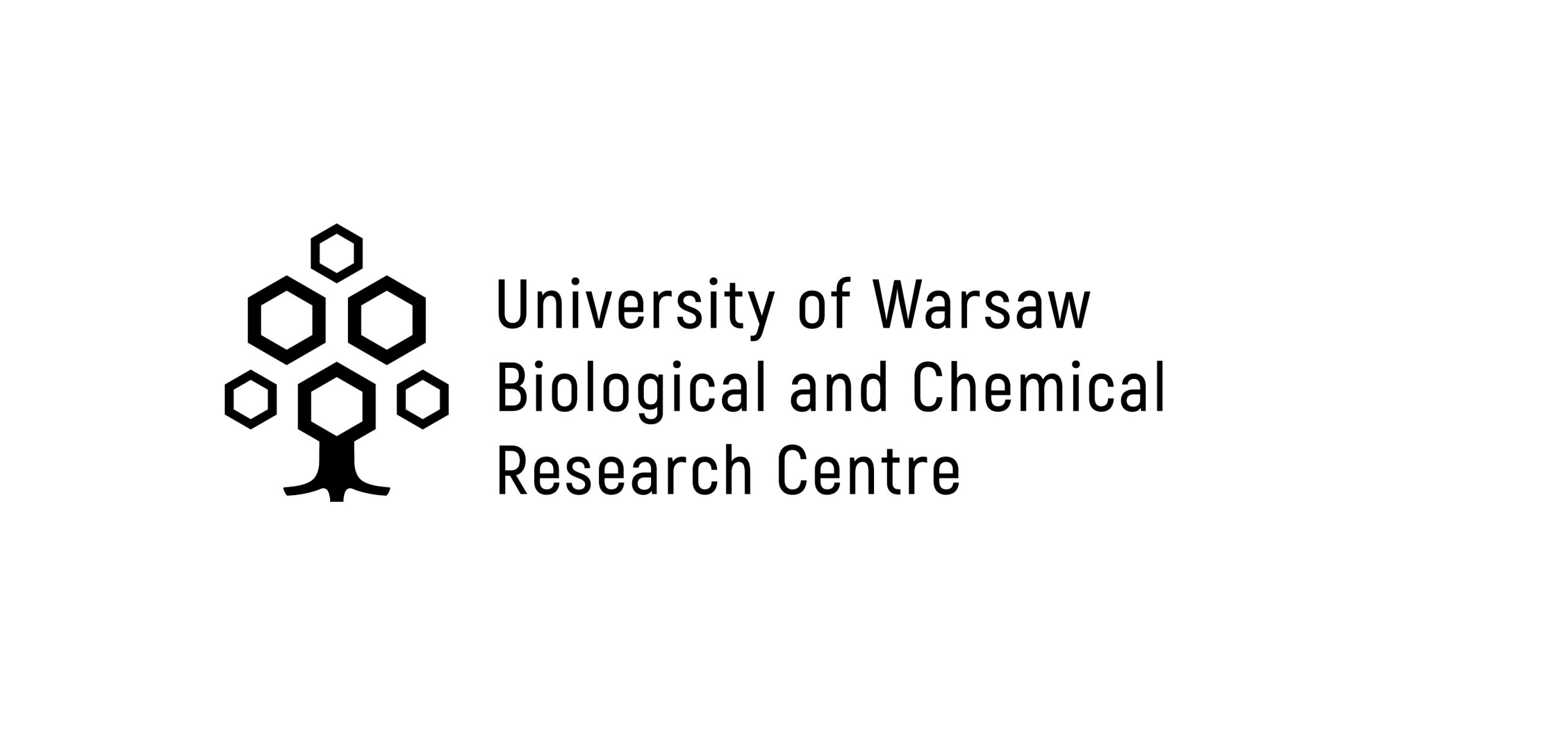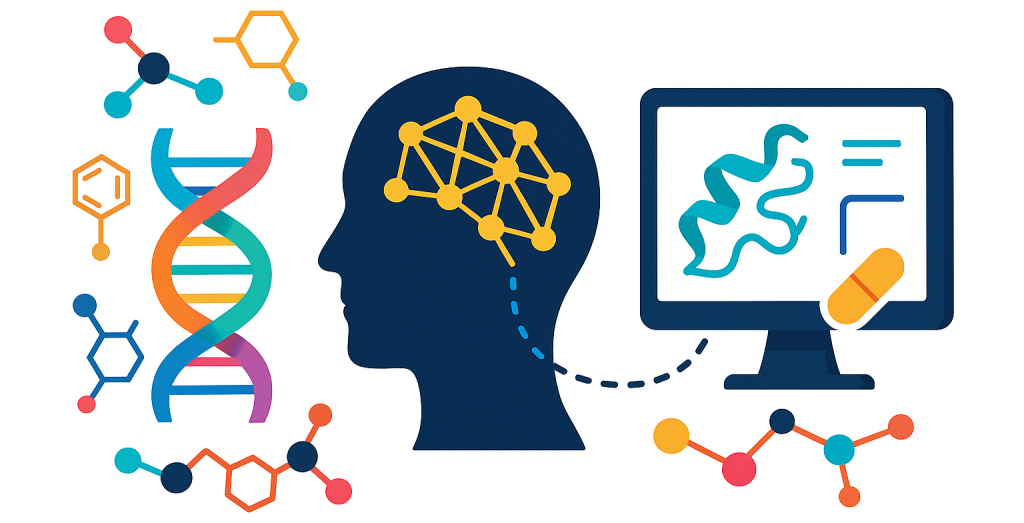Laboratory of Computational Biology
Description of the Group
We combine biology, computer science, and artificial intelligence to better understand the three-dimensional structure of biomolecules and the way they change and interact over time. Our goal is not only to analyze biological systems but also to actively support scientific discovery and the design of new therapeutics.
Our work involves modern approaches from computational biology, bioinformatics, and cheminformatics. We focus on applying machine learning and deep learning to predict the structures of proteins, RNA, and their interactions with other molecules. We use state-of-the-art tools like AlphaFold, and also develop our own innovative solutions – such as CABS-flex 3.0 (for fast protein flexibility modeling), Aggrescan4D (for predicting protein aggregation based on 3D structure), and CABS-dock (for protein–peptide docking without prior knowledge of the binding site).
We also work on molecular docking methods and support rational drug design targeting specific proteins and RNA molecules.
We are open to collaboration – both in research projects and experimental initiatives. We welcome interdisciplinary partnerships that bridge biology, computer science, and medicine.
More information is available on our website: http://lcbio.pl
Research Activities
- Protein structure prediction using AI (e.g., AlphaFold);
- Structure prediction of RNA, RNA–RNA complexes, RNA-small molecule and protein–RNA interactions;
- Prediction of protein aggregation propensity based on 3D structure (Aggrescan4D);
- Fast modeling of protein flexibility (CABS-flex);
- Structure-based drug design targeting RNA and proteins;
- Molecular docking: protein–peptide, protein–protein, protein–small molecule, RNA-small molecule;
- Molecular dynamics simulations: all-atom and coarse-grained methods;
- Development of AI-based approaches: machine learning, deep learning;
- Design of intuitive bioinformatics tools (web servers and standalone applications);
- Rational design of proteins and ligands;
- Bioinformatics support for experimental research;
- Biostatistics and analysis of biological and biomedical data;
- NGS data analysis;
- Development and use of scientific databases;
- Participation in blind structure prediction challenges (e.g., RNA-Puzzles, CASP).
Services / Capabilities:
- Computer-aided drug design, including RNA- and protein-targeted therapeutics;
- Structure prediction of proteins, RNA, and their complexes using a mix of both AI (e.g., AlphaFold) and traditional methods;
- Analysis of biomolecular structural properties, including flexibility (CABS-flex) and aggregation (Aggrescan4D);
- Computational support for research in structural biology, RNA biology, and protein engineering;
- Development of AI, machine learning, and deep learning tools for modeling biological systems;
- Creation of user-friendly software and web-based platforms for drug discovery and biological research;
- Development and maintenance of biological databases and specialized analytical platforms;
- Molecular modeling and rational engineering of proteins and RNA;
- Statystyczna analiza danych biologicznych i biomedycznych, w tym danych NGS (sekwencjonowania nowej generacji);
- Use of high-performance computing for molecular simulations and large-scale data analysis;
- Visualization of biomolecular structures and data in spatial and functional contexts.
Group Leader:
Prof. Sebastian Kmiecik, PhD, DSc
Full Professor at the University of Warsaw and head of the Laboratory of Computational Biology at the Biological and Chemical Research Centre and the Faculty of Chemistry. His research focuses on computational biology, with particular emphasis on AI-driven methods for protein modeling and drug discovery.
He has hands-on experience in the biotech industry, where he led modeling and design projects bridging academic research with industrial applications. He is also exploring the broader implications of intelligent systems in science and society.

